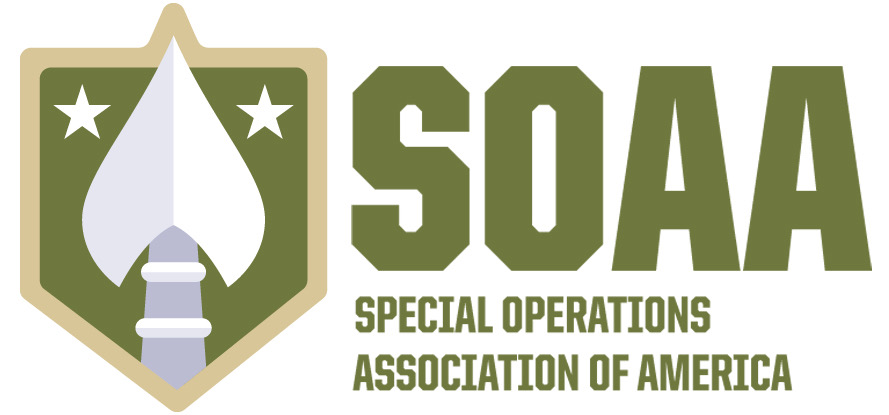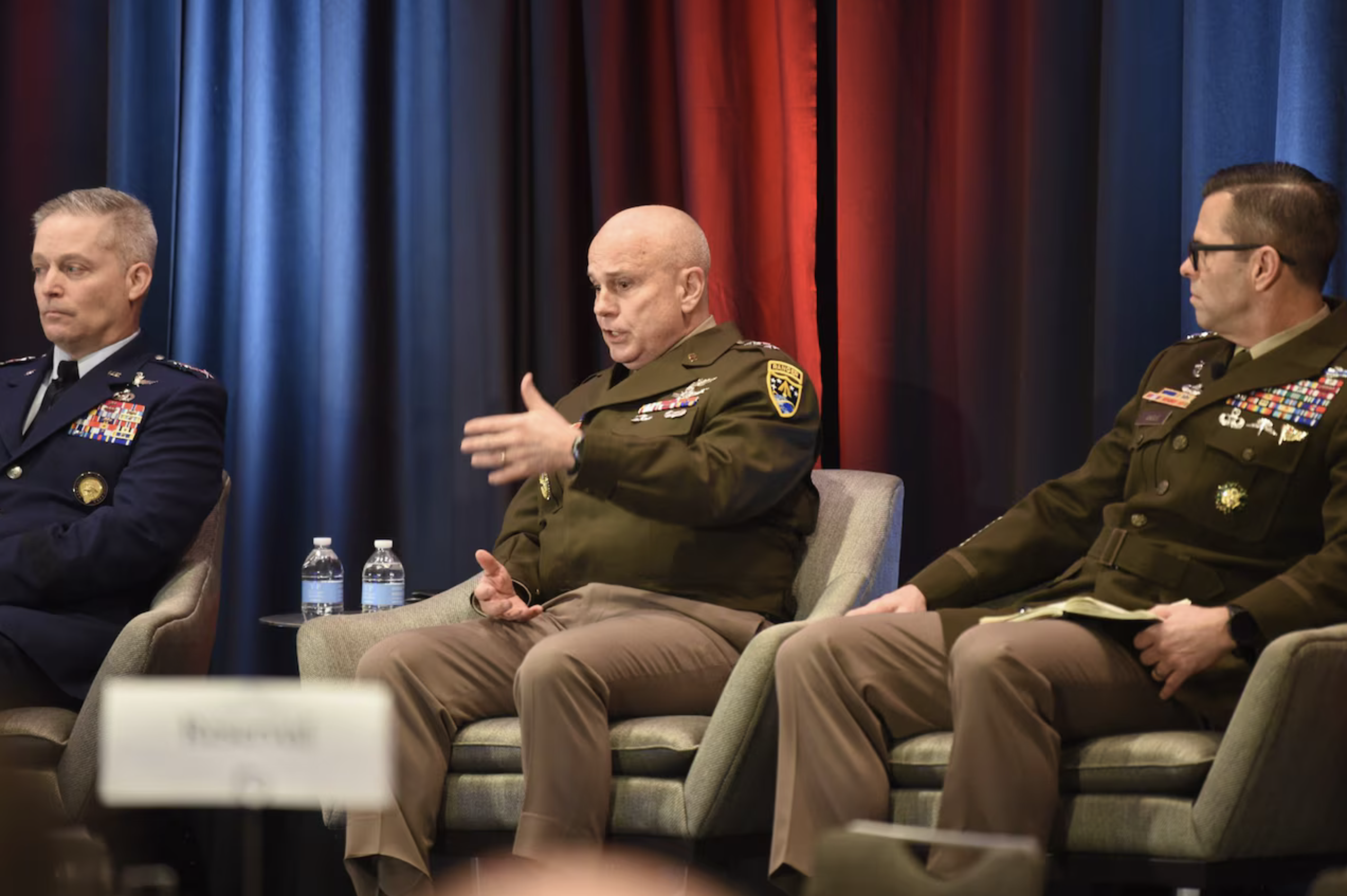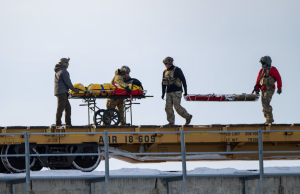In today’s fast-evolving battlefield, working in silos is no longer an option. Air Force Gen. Timothy Haugh, commander of U.S. Cyber Command, recently emphasized that joint planning among combatant commands leads to better outcomes than operating independently. This isn’t just a theory—it’s happening in real-time.
In the photo: Army Lt. Gen. Thomas James, center, deputy commander of U.S. Space Command, speaks on a panel at the National Defense Industrial Association’s 35th annual Special Operations Symposium in Washington, Feb. 20, 2025. Air Force Gen. Timothy Haugh, commander of U.S. Cyber Command, left, and Army Lt. Gen. Richard Angle, commander of Allied Special Operations Forces Command at NATO and Special Operations Command Europe, right, look on. Photo Credit: David Vergun, DOD
Read more about the importance of collaboration in this DOD article.
At the National Defense Industrial Association’s 35th annual Special Operations Symposium, Haugh highlighted how Cyber Command and U.S. Space Command are now actively supporting U.S. Special Operations Command (SOCOM) with intelligence and networking capabilities. This is a major shift from the early days when cyber was seen simply as an extension of signals intelligence. Now, it’s a force multiplier.
Army Lt. Gen. Thomas James reinforced this point, stressing that Spacecom can’t operate effectively without working hand-in-hand with SOCOM. Collaboration through realistic training exercises has proven that breaking down barriers enhances operational success.
It’s not just about internal cooperation. Army Lt. Gen. Richard Angle, who leads Allied Special Operations Forces Command at NATO, pointed out that integrating cyber, space, and special operations strengthens deterrence. The next challenge? Expanding this teamwork to include allies and partners, who bring unique capabilities and access that the U.S. alone cannot replicate.
The war in Ukraine has driven home a critical lesson—speed matters. To innovate and adapt quickly, special operations forces, engineers, developers, and industry must be at the frontline of problem-solving together. The future of warfare will be won through unity, integration, and relentless innovation.
One thing is clear: we’re not going to fight alone, and we shouldn’t plan that way either.





